|
This article is for editorial folk who currently choose to operate their businesses in isolation. There's nothing wrong with that at all if that's your bag, but I hope this will show you just some of the benefits of networking.
In ‘The rates debate’ and 'The highs and lows of editorial fees', I argued that colleagues shouldn’t be the primary determiners of the price we set or accept for editorial work.
They are, however, our go-tos for much else, and the professional editor and proofreader would be bonkers not to take the opportunity to exploit the myriad learning opportunities on offer from those with different skills, levels of experience, subject specialisms and environments! Rather than just writing a list, I thought it might be more interesting to give you a few examples of how some of my colleagues have helped me to develop my editorial business. The list isn’t exhaustive – it would be a book if it was – but it should give you a flavour of what’s on offer.
Learning a new macro
I like to consider myself pretty strong on the editorial tech-tool front. And yet I’d lost count of the number of times I’d forgotten to switch Track Changes back on after I’d toggled it off. I needed a solution – some sort of visual or audio reminder. My pal Gordon Hooper came to the rescue. Gordon’s a fellow member of the Norfolk SfEP local group. Turns out that my other colleague Paul Beverley had already tackled the problem with a macro: if you fancy trying it for yourself, you can read about how it works and how to install it at ‘How to never forget you’ve switched off Track Changes!’.
Tightening up my marketing message
Last year, I spent some time thinking about how I could better present my services so that they reflected the reality of what I spend most of my time doing – proofreading and copyediting for indie authors. I understand perfectly well the traditional definitions of these skills but in the real world they’re rather tangled (see, for example, ‘The proofreader’s corner: Untangling proofreading’). Again, it was my professional network that came to the rescue.
Understanding another skill
Development editing isn't a service I offer. That doesn't mean I'm not interested in learning about it, though. I've started to expand my knowledge via colleagues who have experience in this macro level of editing.
Using Word more efficiently
In the past 18 months, two editorial colleagues have written blogs that have had a significant impact on how I use Word.
Using a gadget
One of my bugbears has always been having to use hyphens for en dashes on my iPad and iPhone. A discussion on the SfEP forum, started by Lisa Robinson, showed me that Apple has provided en and em dashes – I just hadn’t realized that if you hold down the hyphen button a small window opens and you can slide your finger to your preferred dash. I was delighted, and I wasn’t alone! That thread was full of useful tips. If you’re an SfEP member, you can access it via ‘Dashes’.
Discovering new tools
I love any editorial tool that can increase my productivity or enhance my professionalism. Colleagues alerted me to two particular favourites.
Maxing out an existing tool
I hadn’t been getting the best out of PerfectIt, even though I’m a long-time user. At another SfEP Norfolk meeting, Mary Sheridan and Sarah Patey taught me how to use the wildcard function more effectively. This, combined with Jack Lyon’s Wildcard Cookbook for Microsoft Word, has been a real productivity enhancer. PerfectIt tends to handle wildcards a lot better than Word when Track Changes is switched on, something else Sarah taught me via Facebook!
Quoting mechanisms and publicizing rates
Pricing issues affect every editorial freelancer, and although fee setting needs to be done using a deeper level of analysis than just following what colleagues are doing, there’s still a lot a colleague can bring to the table.
These two examples proved to be excellent reminders that testing is essential for the editorial freelancer who wants to learn whether a colleague’s way of doing things is appropriate for their own business.
Making friends
My colleagues can do something a book or a course can’t. They can become friends. I’ve made so many edi-buddies that I can't even begin to list them all. What I can say is that Kate Haigh's campsite spag bol borders on legendary; the AFEPI crew at last year's SfEP meeting almost made me want to emigrate. I wish Sophie Playle still lived in Norwich because I miss having coffee with her. I wish Rich Adin lived in the same country so that I could have just one coffee with him. Nick Jones has made me laugh via Facebook Messenger too many times. Janet MacMillan's soup ... You get the point.
Sourcing professional help
I decided to hire a couple of proofreaders for my blog in 2016. When I’m writing, I don’t behave like a proofreader. I have my authorial head on. That means I’m too close to my own words to spot all my errors. I bit the bullet and decided to work with some fellow professional proofreaders. Whom to pick though? I needed some recommendations. John Espirian, in his capacity as guardian of the SfEP directory, had a couple of names up his sleeve and they haven’t disappointed. Cally Worden and Anna Black are my go-tos. They’ve done a fantastic job for me and I wish I’d sourced them years ago. Of course, I still have to upload their gently edited work to the Parlour, and, I’ll be honest, sometimes I just can’t help making a little tweak here and there, post proofreading (I know, I know!). So if a typo has slipped through, it’s my fault.
Finding your tribe
There’s a tonne of other stuff that colleagues can help with – I’ve only scratched the surface. If you’re reading this and you’re not connected, consider the benefits of changing the situation.
Ultimately, editorial freelancing is about running your own business, but there are plenty of people who’ll support you in its growth if you find a comfortable space in which to meet them!
Louise Harnby is a line editor, copyeditor and proofreader who specializes in working with crime, mystery, suspense and thriller writers.
She is an Advanced Professional Member of the Chartered Institute of Editing and Proofreading (CIEP), a member of ACES, a Partner Member of The Alliance of Independent Authors (ALLi), and co-hosts The Editing Podcast. Visit her business website at Louise Harnby | Fiction Editor & Proofreader, say hello on Twitter at @LouiseHarnby, connect via Facebook and LinkedIn, and check out her books and courses.
8 Comments
10/4/2017 05:02:18 pm
Louise, you're right on target. I don't know how self-employed editorial professionals—even introverts like me—can thrive without networking. I'm so glad you're one of my edi-buddies.
Reply
Louise Harnby
10/4/2017 06:55:17 pm
Hi, Kathy! Can you imagine what it was like for our freelance colleagues before the internet? I'm glad you're my edi-buddy, too. I've learned so much from you over the years, even though we've never met. One day ...
Reply
10/4/2017 07:01:00 pm
I started out as a freelancer when most people were just beginning to spend time online. It was a drag always having to go to the library to do fact-checking, and I had no quick way to keep in touch with colleagues. I was thrilled when I got my first desktop PC and could email edi-buddies for help and do some fact-checking from my home office.
Reply
11/4/2017 12:46:21 am
I think I'd go nuts without my edibuddies. In Australia, we have a closed FB group for members of the editorial societies in each state/territory (most of which are now under IPEd). Many of them I have been lucky enough to meet in person at IPEd's biannual conference. A sub-group is the study group for editors planning to sit the accreditation exam, which is incredibly supportive. Then there is the global edibuddy network - fantastic for checking colloquialisms, sharing editing stories from around the world. Whenever I have a grammar, ethical, or technical question, need to vent or share an amusing story, or just need a break, edibuddies are there to listen, teach, and support.
Reply
Louise Harnby | Proofreader
11/4/2017 01:13:04 am
Great point about the support network, Sally, especially when it comes to CPD! And those online connections really come into their own at conference time. First-time attendance can seem daunting, particularly for the introvert, and having a pre-existing online relationship really takes the edge off.
Reply
11/4/2017 02:00:45 am
If someone asks me to edit something that I don't think I'd be the best choice for, I love being able to say, "I know someone who would be perfect for this job." Thanks to a few years of networking, I know editors who specialize in everything that I don't. Referrals feel a whole lot better than rejections.
Reply
Louise Harnby
11/4/2017 10:39:06 am
Hi, Michael! That's a really good point. It makes you look helpful to a client, too, so when they DO need what you have to offer, or one of their colleagues is a good fit for your skill set, you're top of mind.
Reply
Leave a Reply. |
BLOG ALERTSIf you'd like me to email you when a new blog post is available, sign up for blog alerts!
TESTIMONIALSDare Rogers'Louise uses her expertise to hone a story until it's razor sharp, while still allowing the author’s voice to remain dominant.'Jeff Carson'I wholeheartedly recommend her services ... Just don’t hire her when I need her.'J B Turner'Sincere thanks for a beautiful and elegant piece of work. First class.'Ayshe Gemedzhy'What makes her stand out and shine is her ability to immerse herself in your story.'Salt Publishing'A million thanks – your mark-up is perfect, as always.'CATEGORIES
All
ARCHIVES
July 2024
|
|
|
|


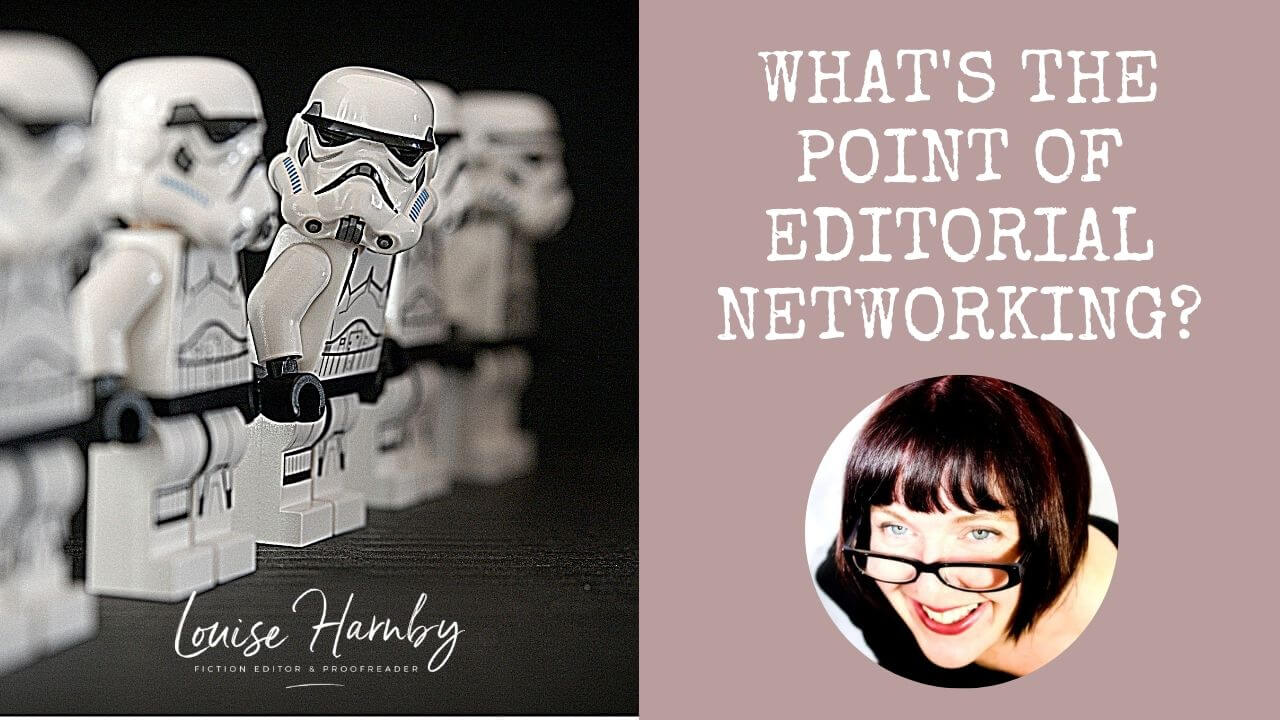
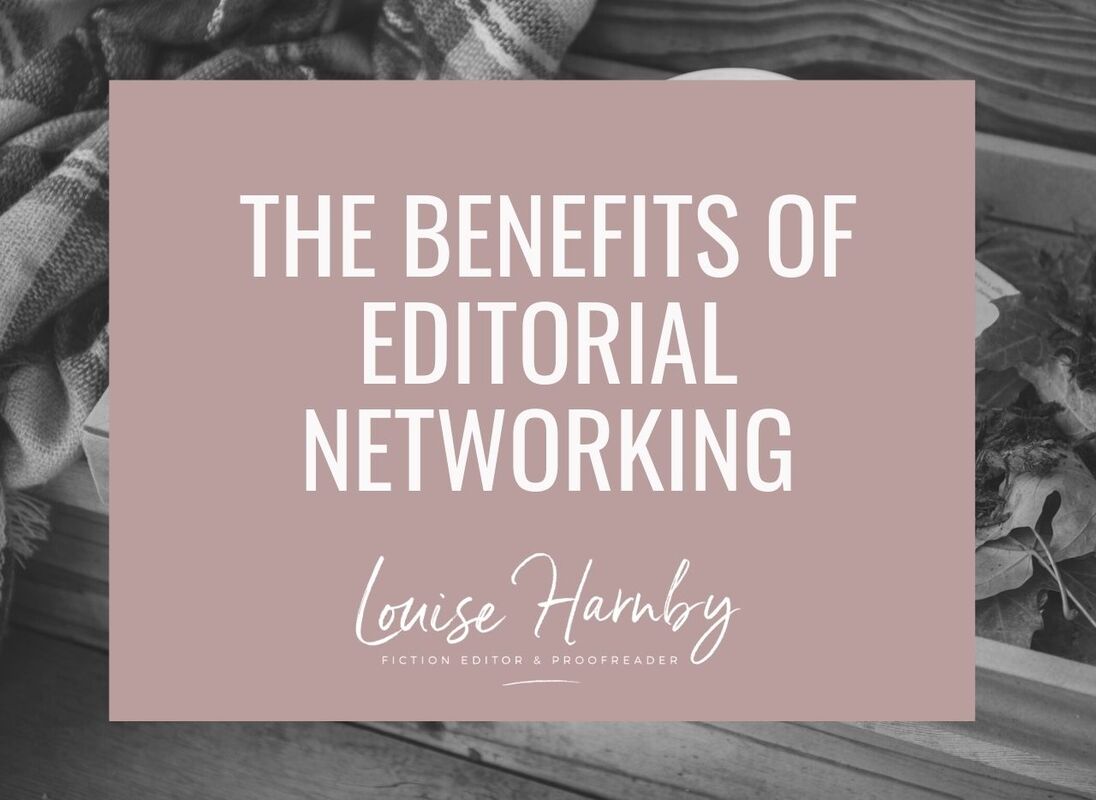
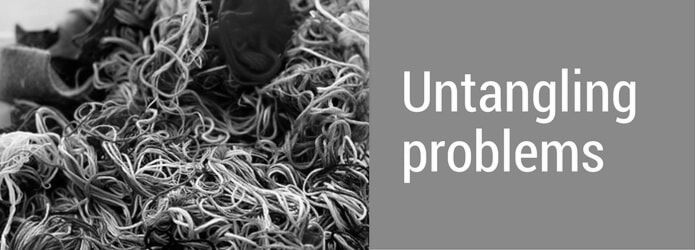

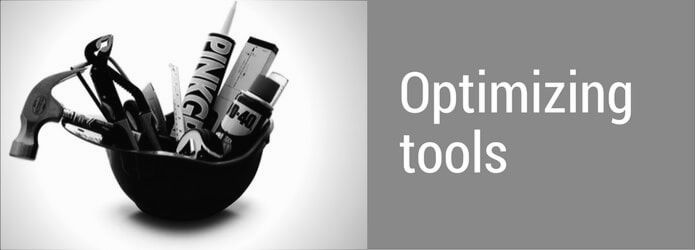


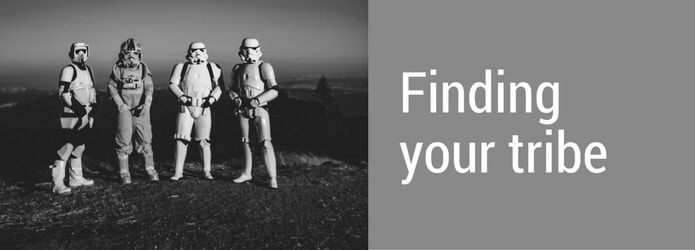













 RSS Feed
RSS Feed





